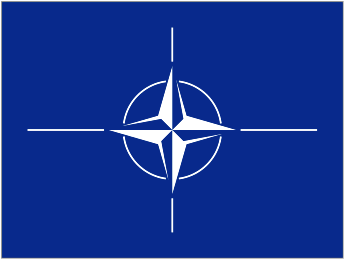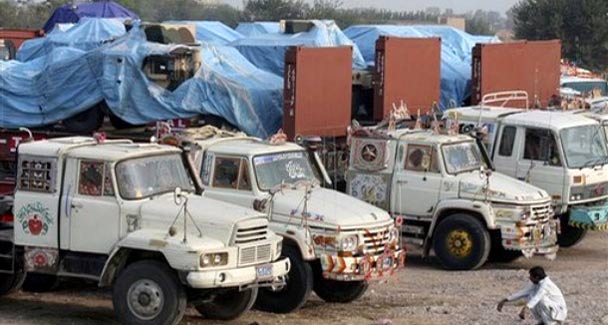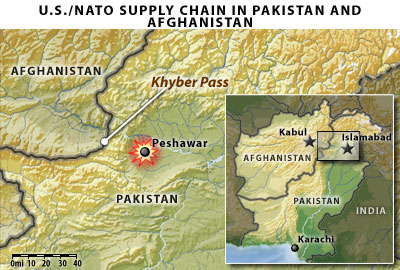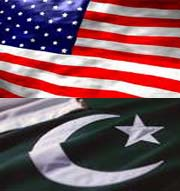Afghanistan Analysis: Petraeus Hits Back at Karzai

So is the dispute between the Afghan Government and the US military serious or is it just a political show?
A day after President Hamid Karzai used The Washington Post to express his opposition to the current high-visibility US military presence, General David Petraeus, the commander of American forces, sent out his public-relations allies. According to "Afghan and US officials", Petraeus expressed "astonishment" and "disappointment" with the Post interview. He had warned Government advisors that the Karzai criticism threatened to undermine progress in the war and risked making the commander's position "untenable".
Specifically, Petraeus did not attend a scheduled meeting Sunday with Karzai. Instead he sought out Ashraf Ghani, who leads the Afghan government's planning on transition (and who has been a long-time favourite of Washington), to talk "hypothetical[ly]" of an inability to continue US operations.
 David Petraeus,
David Petraeus,  Hamid Karzai,
Hamid Karzai,  NATO,
NATO,  Washington Post
Washington Post 








